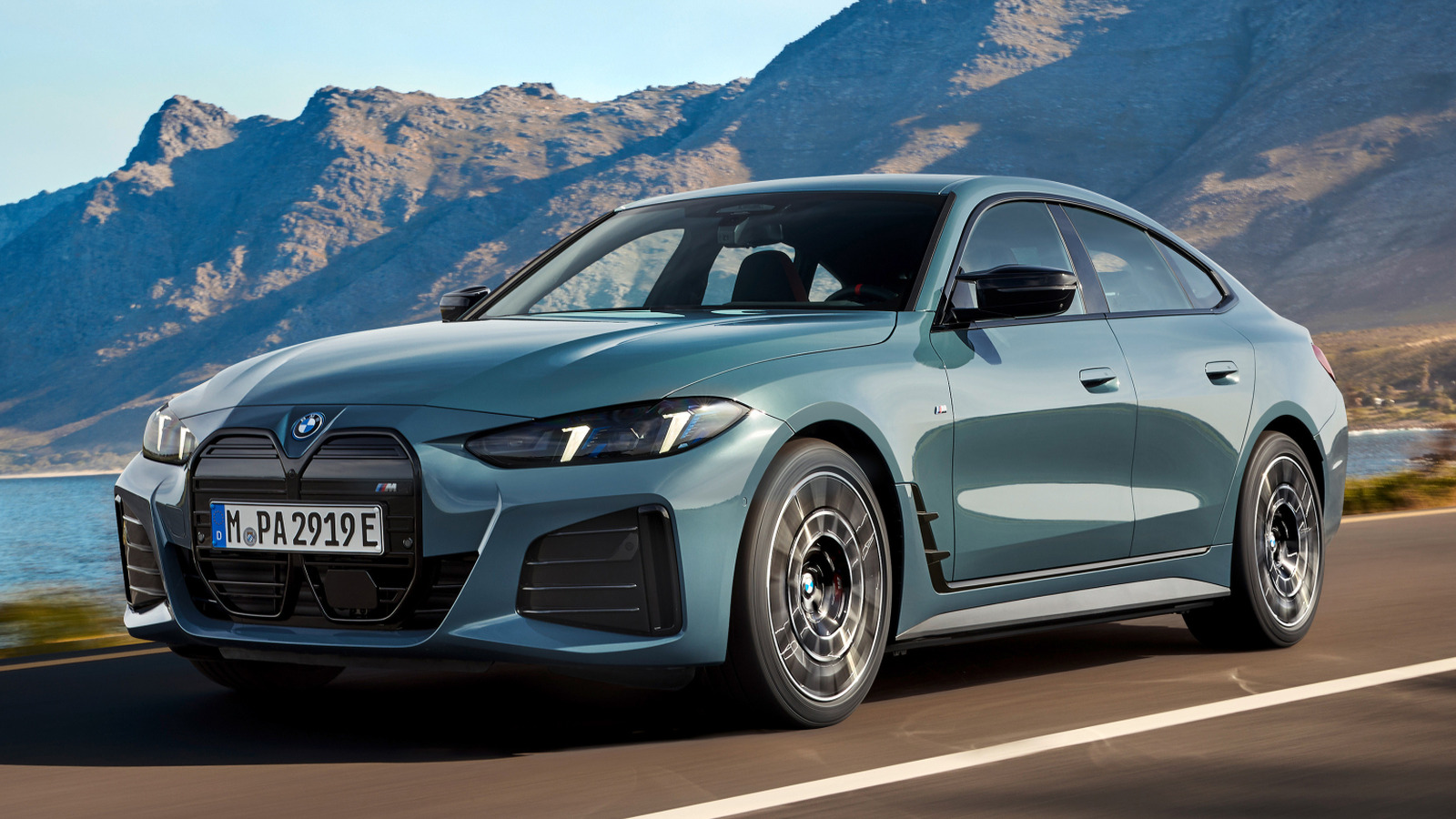
Electric vehicles (EVs) are proving to be significantly more expensive to insure than traditional gasoline vehicles, with costs rising by an average of 49%. This stark difference is primarily attributed to the higher repair costs associated with EVs. However, a recent study that highlights these findings has come under scrutiny for its methodology, leaving some industry experts questioning its conclusions.
The study, conducted by the Insurance Institute for Highway Safety (IIHS), examined insurance rates across various vehicle models and categories. It revealed that the average annual insurance premium for EVs sits at approximately $2,088, compared to about $1,400 for gasoline vehicles. This translates to nearly $700 more per year for electric car owners, a figure that has raised eyebrows among consumers and industry professionals alike.
Critics of the study argue that the methodology employed by the IIHS may not provide an accurate representation of the true costs associated with insuring EVs. For instance, some experts believe that the analysis did not sufficiently account for the growing competition within the EV market and its potential impact on insurance pricing. As more manufacturers enter the EV space, the influx of models could drive down premiums over time, making insurance more affordable.
Additionally, repair costs for EVs tend to be higher due to the specialized parts and technology used in these vehicles. For example, the cost of replacing a battery or repairing advanced electronic systems can significantly exceed that of traditional gasoline engines. According to the National Association of Insurance Commissioners (NAIC), this contributes to the overall insurance premiums, as insurers factor in these increased risks when determining rates.
Despite the higher costs, the popularity of electric vehicles continues to surge. In the United States, EV sales accounted for approximately 5.6% of total vehicle sales in 2022, a number that is expected to rise as manufacturers ramp up production and consumers become more environmentally conscious. With this growing demand, insurance companies may need to adapt their pricing strategies to remain competitive.
Some insurance providers have started offering tailored policies for EV owners, which could help mitigate the overall costs. These policies often include coverage options that specifically address the unique needs and risks associated with electric vehicles. By providing incentives for safe driving and technology integration, insurers aim to attract a broader customer base in the rapidly evolving automotive landscape.
As the debate surrounding EV insurance continues, it is clear that the transition to electric mobility poses both challenges and opportunities. While higher insurance costs may deter some consumers, the long-term benefits of EV ownership—such as lower fuel costs and reduced emissions—may outweigh these initial expenses.
In summary, while the study by the IIHS sheds light on the cost disparities between EVs and gasoline vehicles, its findings should be viewed within a broader context. As the market evolves, insurance rates are likely to adjust accordingly, potentially narrowing the gap between the two vehicle types. The future of electric vehicle insurance remains an area of keen interest as both consumers and industry stakeholders navigate this changing landscape.






